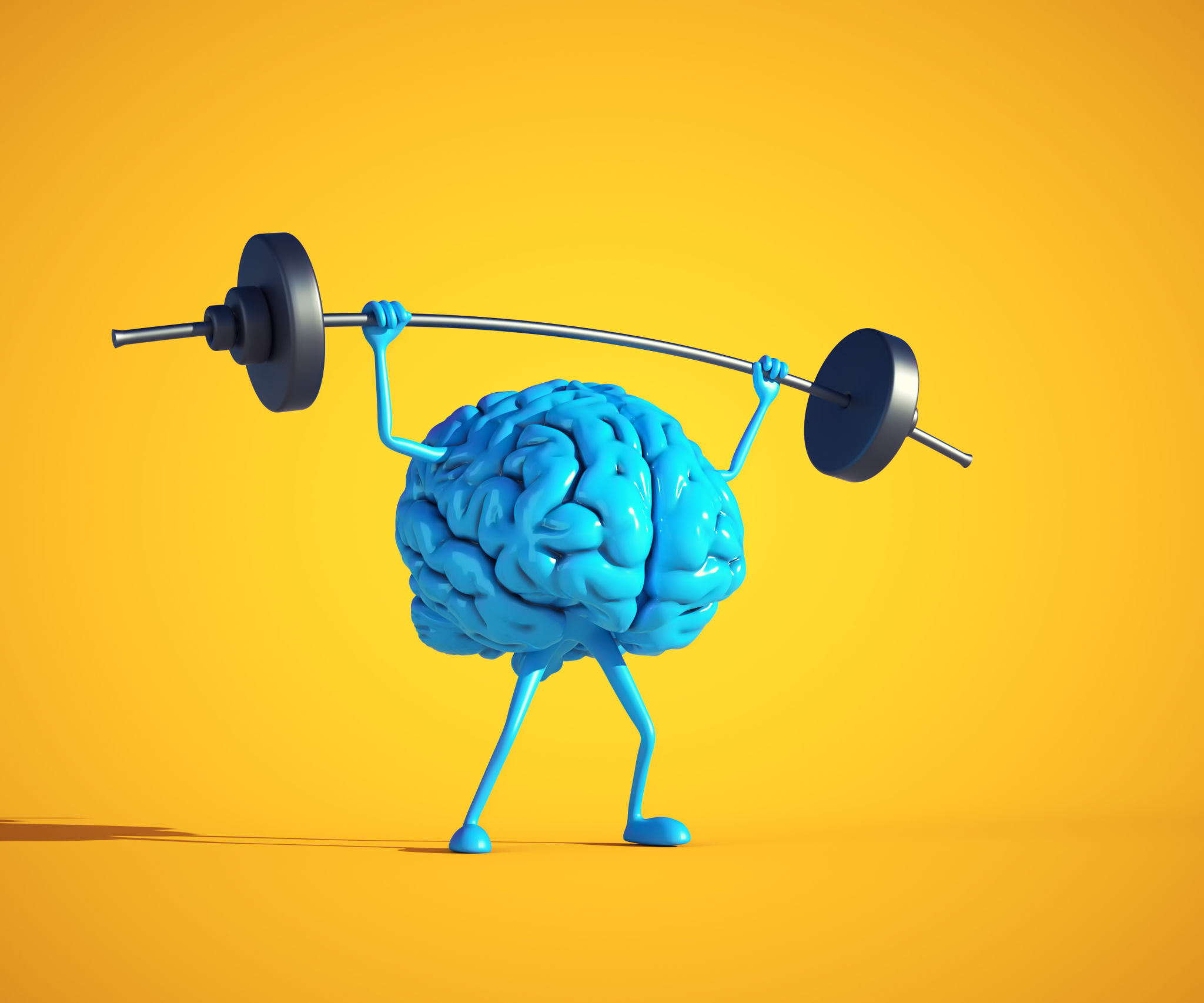Holistic Mental Health Care: Expert Insights from Smithfield's Top Therapists
Understanding Holistic Mental Health Care
Holistic mental health care is an approach that considers the whole person—mind, body, and spirit—when addressing mental health issues. This method goes beyond treating symptoms and aims to understand the root causes of mental distress. At Smithfield, some of the top therapists emphasize the importance of integrating various aspects of a person's life into their treatment plans.

By focusing on holistic care, therapists can provide more comprehensive support. This approach not only helps in alleviating current issues but also works towards preventing future mental health challenges. It embraces the interconnectedness of various factors affecting mental health, such as lifestyle, relationships, and even diet.
The Core Components of Holistic Therapy
Mind
The mental aspect of holistic care involves traditional therapy techniques such as cognitive-behavioral therapy (CBT), which helps individuals reframe negative thinking patterns. Additionally, mindfulness practices are often incorporated to help clients stay present and reduce anxiety.
Body
Physical health plays a crucial role in mental well-being. Therapists at Smithfield often recommend regular physical activity and nutritional guidance as part of their treatment plans. Exercise has been shown to release endorphins, which are natural mood lifters, while a balanced diet can positively impact brain chemistry.

Spirit
Addressing spiritual needs is another vital component of holistic care. This doesn't necessarily involve religion but rather a sense of purpose and connection. Practices like meditation, yoga, and breathing exercises are often suggested to help clients find inner peace and resilience.
Benefits of a Holistic Approach
A holistic approach to mental health care can lead to numerous benefits, including:
- Improved overall well-being: By addressing all facets of an individual's life, holistic care can enhance both mental and physical health.
- Personalized treatment: Therapies are tailored to meet the unique needs of each client, making them more effective.
- Long-term solutions: Rather than just managing symptoms, holistic approaches aim to resolve underlying issues.

This comprehensive method empowers individuals to take charge of their health through lifestyle changes and self-awareness. As a result, clients often experience greater satisfaction and improved quality of life.
Insights from Smithfield's Experts
According to Smithfield's top therapists, successful holistic therapy requires collaboration between the therapist and client. They stress the importance of open communication and trust in building an effective therapeutic relationship. This partnership allows therapists to tailor interventions specifically suited to the client's needs and preferences.
Smithfield's experts also highlight the significance of community support. Engaging with support groups or community activities can enhance the therapeutic process by providing additional resources and shared experiences.
Integrating Holistic Care into Your Life
If you're considering a holistic approach to mental health care, start by exploring different practices that resonate with you. Whether it's yoga, meditation, or dietary changes, small steps towards a healthier lifestyle can make a significant difference.
Consult with a qualified therapist to create a personalized plan that addresses your unique needs. Remember that holistic care is about nurturing every aspect of yourself—mind, body, and spirit—for optimal mental health.